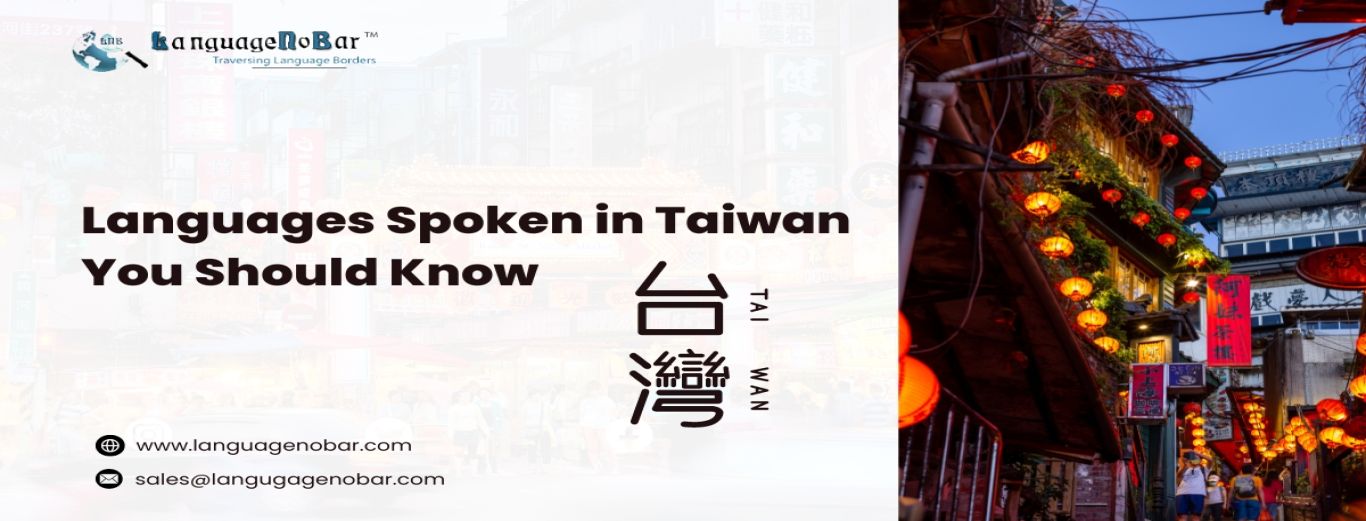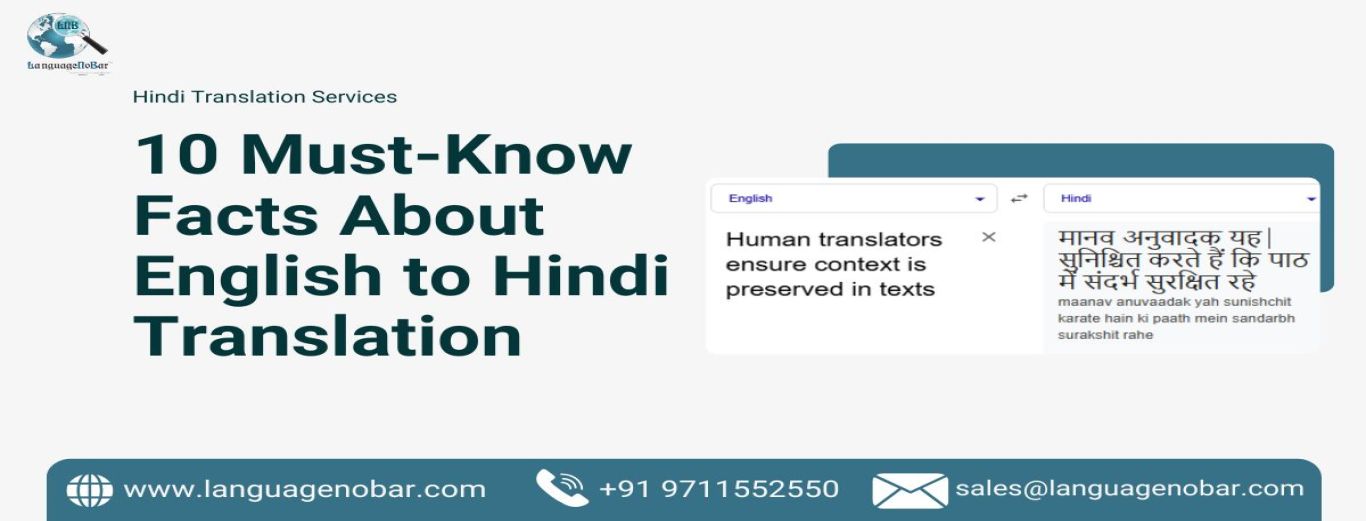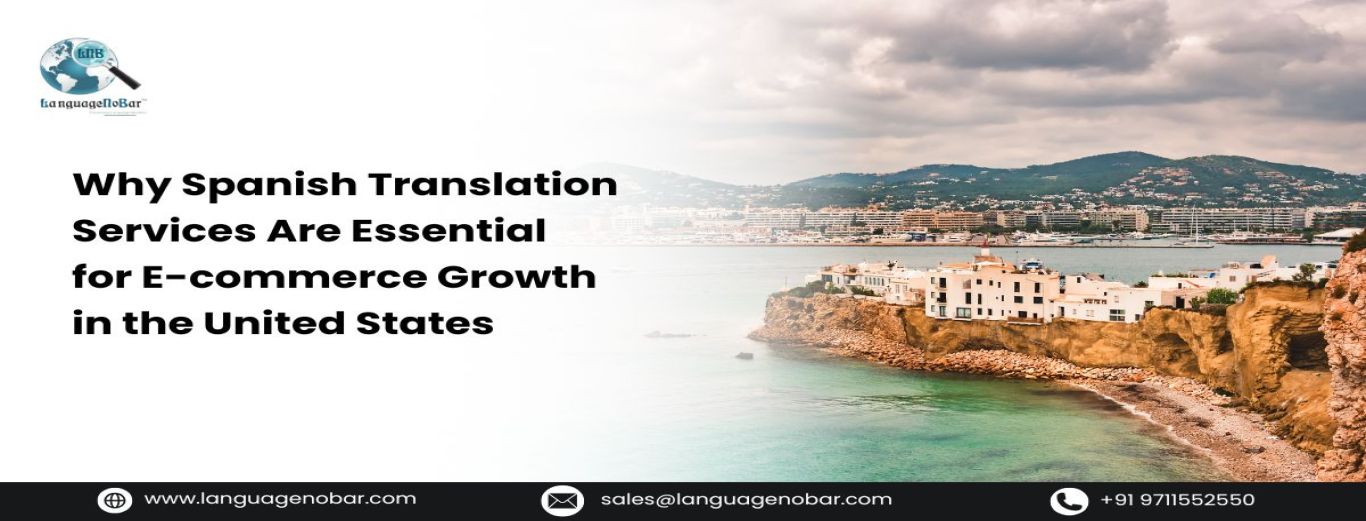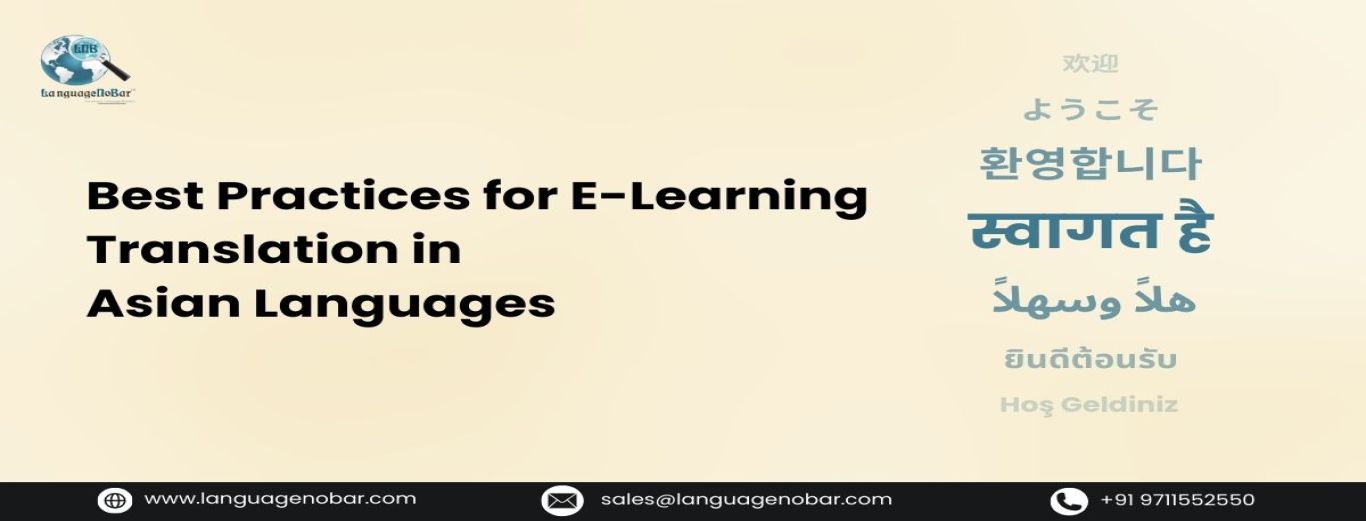Languages Spoken in Taiwan You Should Know
- Blog
- Comments (0)
Languages Spoken in Taiwan You Should Know
Taiwan, Also Known as Formosa (Meaning "Beautiful Island" in Portuguese), has a history greatly influenced by indigenous cultures, colonial legacies, and political changes.
Image Credits: Reddit
This is why the younger Taiwanese favor Mandarin and English, resulting in the decline of indigenous languages. Taiwan now finds itself in a fight for Taiwanese identity and there are ongonig efforts being carried out to revitalize and officially recognize native and indigenous languages, to differentiate from mainland China. In this blog, we explore the lesser known facts about Taiwan’s dynamic linguistic journey.
Image Credits: Expedia
Top Languages Spoken in Taiwan
There has always been a lot of ambiguity on the languages spoken in Taiwan and different people over the wold have different perception. There is a general lack of understanding between linguistic differences between Taiwanese and Mandarin , and hence both are considered to be same. Taiwan has four official languages i.e Taiwanese, Mandarin, Hakka, and the the Taiwanese indigenous language.
There are believed to be a total of 46 languages used in Taiwan, which includes the dialects.
The main languages in Taiwan are Mandarin (Chinese), Taiwanese (Holo), Hakka,
and Austronesian languages. Though there are no exact official stats it is believed that over 80% of Taiwan’s population speaks Mandarin and Hokkien. The data from Cultural Atlas state that in the languages spoken at home, 85.7 % is Mandarin Chinese, 7.5% is English, 4.3% is Min Nan, 0.9 is Cantonese and the rest 0.9% speak the rest of the languages. There are more than 20 official languages and 16 indigenous languages.
Mandarin Chinese (80%+)
Image Credits: wikipedia
Mandarin Chinese is the top language spoken in Taiwan and has been recognized as the official language of Taiwan since 1945. Additionally, the most spoke language in Taiwan in Mandarin Chinese also called as Standard Chinese or Guoyu, and it is the medium of education as well in most academic institutions and for government affairs. The Mandarin in Taiwan is different from that spoken in China w.r.t vocabulary , accent and use of words.
English
Source: The History of English
When it comes to english it is found that less than 40% speak English as a second language and those who do speak English in general only 73.7% can speak English fluently. English is mostly spoken in the regions of Taipei, New Taipei, Taichung and Taoyuan. Understanding the importance of English globally the in 2017, the Taiwan’s government launched the “Bilingual 2030” as a way to improve English throughout the nation.
Taiwanese Hokkien (75%+)
Image Credits: Wikipedia
There are multiple way in which people refer to the local Taiwanese langue, it is called as Taiwanese Hokkien or Halo or Taiyu or Taiwanese Minnan, or Formosan or simply Taiwanese. Almost 81.9% of people in Taiwan speak Taiwanese at home. Because of the influences from multiple sources the Taiwanese Hokkien has influences from some languages like Japanese.
Taiwanese is spoken by the older generations and its is spoken mainly in the areas of Kaohsiung, Tainan and Taipei. Taiwanese hold immense cultural sigificance and pays a huge role in safeguarding the local traditions.
Hakka (15%)
Image Credits: Wikipedia
This is the language spoken by the Hakka group,and goes back to its roots from China. Though it is not prominently used there are continuous efforts in the form of community and educational event, festivals,and music, to safeguard the language from extinction.
Japanese (Less than one 1% of the population)
Japanese rule Taiwan from the end of the 18th century and left the language in the formosan. The older generations who were influenced by the colonial rule still speak Japanese and passed it on to the next generation through cultural practices, language and cuisine.
Indigenous Languages (2.3% of population)
The Taiwanese government has recognized 16 indigenous languages or Formosan and 42 accents officially, which includes Taiwan Hakka, Taiwan Taigi, Amis, Kavalan, Paiwan, Thao, and Saisiyat, Matsu Language, Atayal, Bunun, and Taiwan Sign Language. Indigenous languages are intricately connected to the island’s history, encompassing distinct oral traditions, music, and rituals that provide invaluable glimpses into Taiwan’s ancient heritage.
Other Languages
Sout Asian languages like Vietnamese, Indonesian, Tagalog and Javanese are also spoken in some parts of Taiwan due to the immigration of people from Vietnam, Indonesia, etc. European languages like Spanish, Dutch was also spoken in a very small scale, in certain parts of Taiwan.
Taiwan's Language Revitalization Over The Years
The ministry of culture for Taiwan came up with the National Languages Development Act”, 2019, to revitalise and develop of the natural languages of Taiwan's various ethnic groups, as well as Taiwan Sign Language, out of respect for the nation's linguistic diversity. Additionally, the Indigenous Languages Development Act and Hakka Basic Act have established the Hakka language and the many Aboriginal languages as "national languages."
The Indigenous Languages Development Act was enacted in 2017 to to preserve and promote the native 16 officially recognized indigenous tribes.
The Executive Yuan approved the draft bill, titled “the Establishment Act of the Research and Development Center for National Languages,” proposed by the Ministry of Culture (MOC) on June 27,2024 as the protection of languages became a pressing issue, especially with several native languages facing the risk of extinction.
Thriving Taiwan’s Language Legacy Through Translation
Taiwan has a linguistically rich history, and considering its complex landscape, certified translation services are essential for B2B interactions to ensure accurate legal documentation and compliance in contracts, facilitate smooth communication with local partners, and avoid misunderstandings that could impact business operations. Professional translation services ensure clear communication, support business expansion, and foster meaningful connections within Taiwan’s multilingual market. Collaborating with certified and culturally sensitive translation experts like LanguageNOBar, enhances business operations and aligns with Taiwan’s efforts to preserve its unique linguistic heritage, facilitating successful engagement and partnerships in its diverse business environment.







